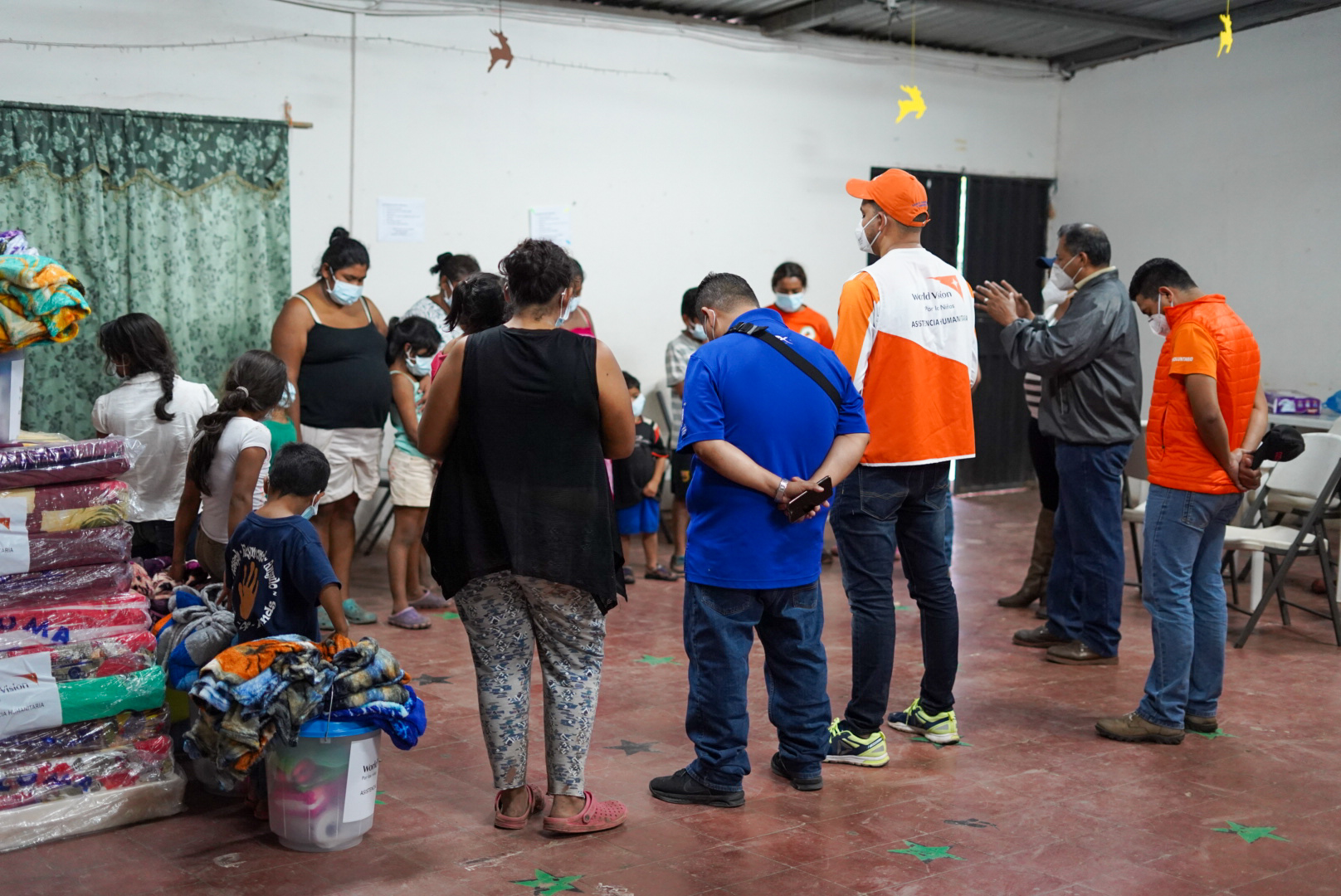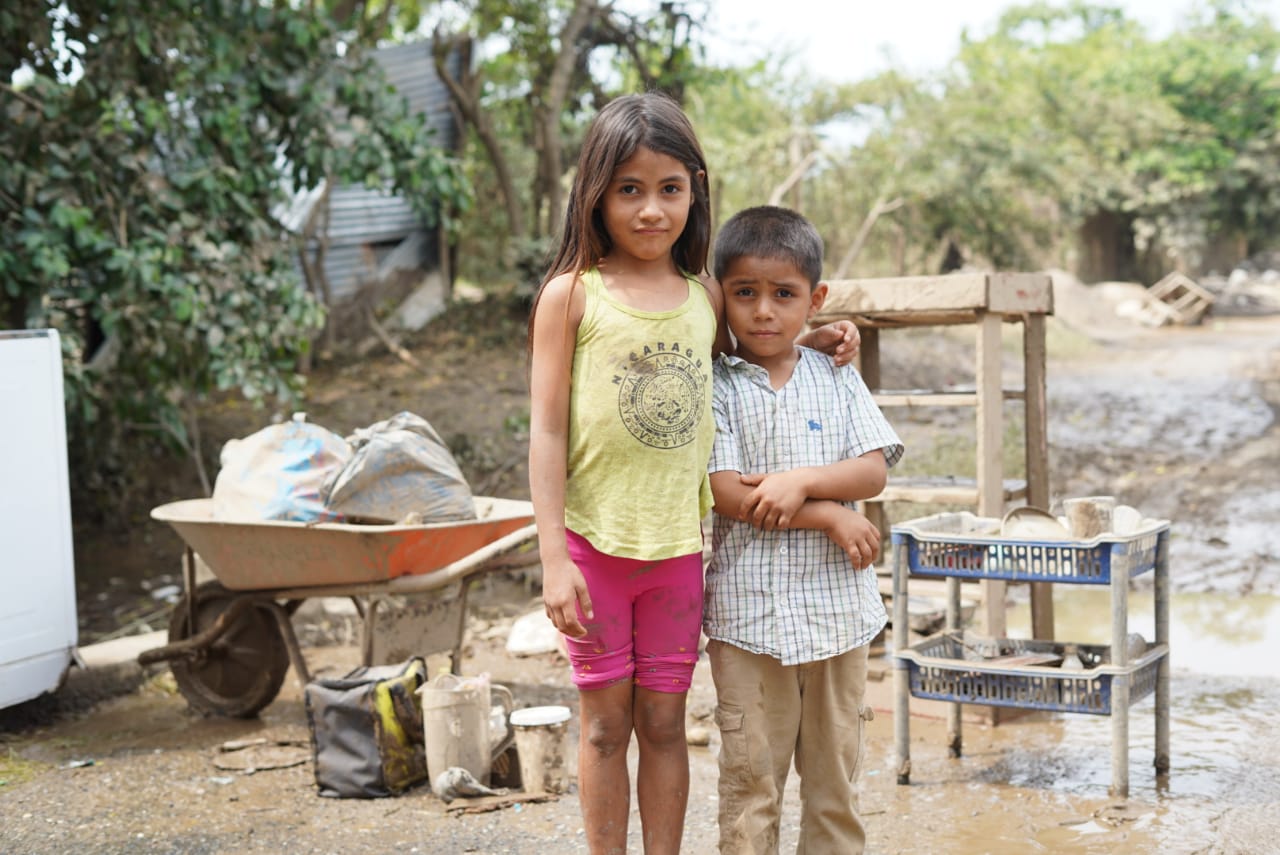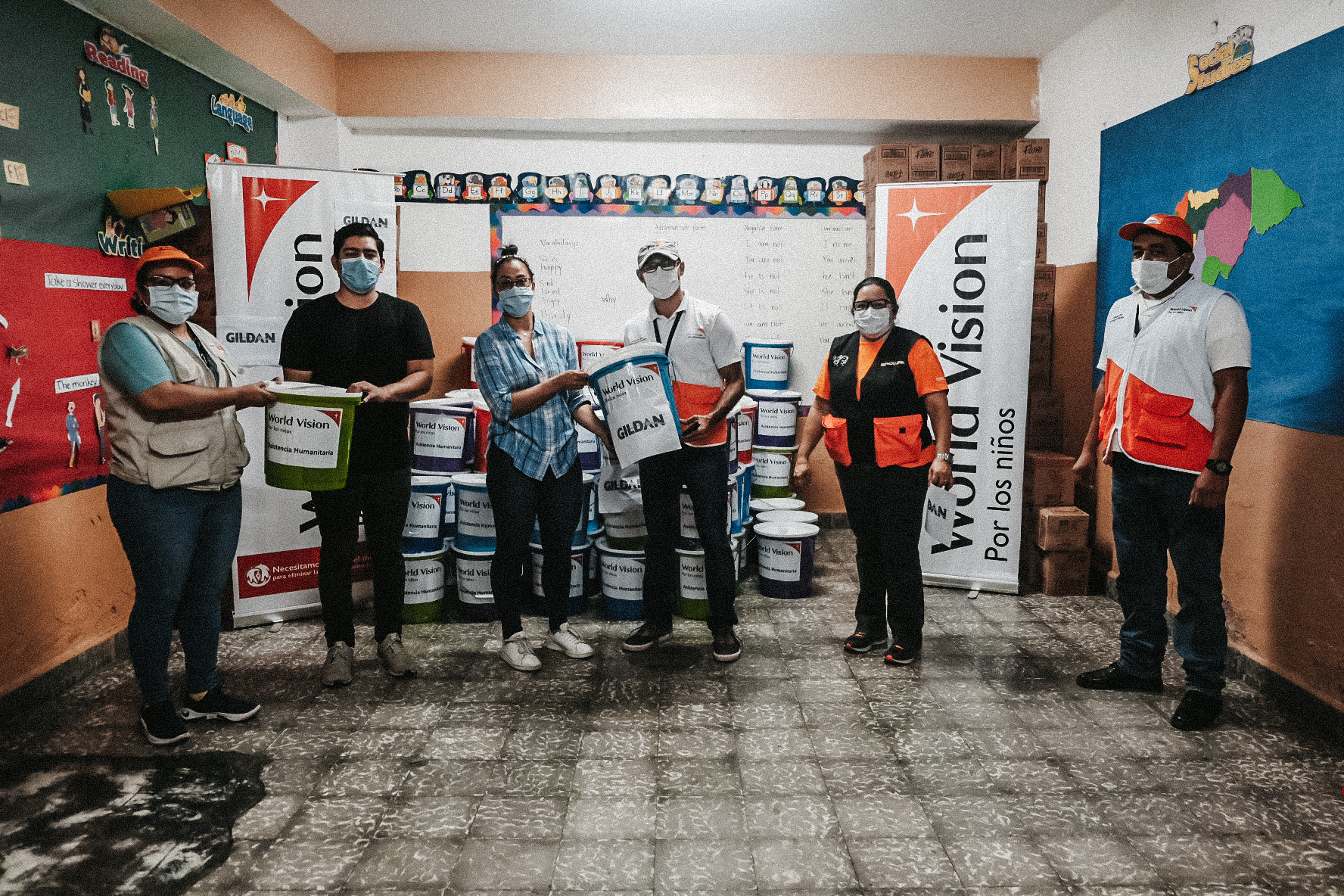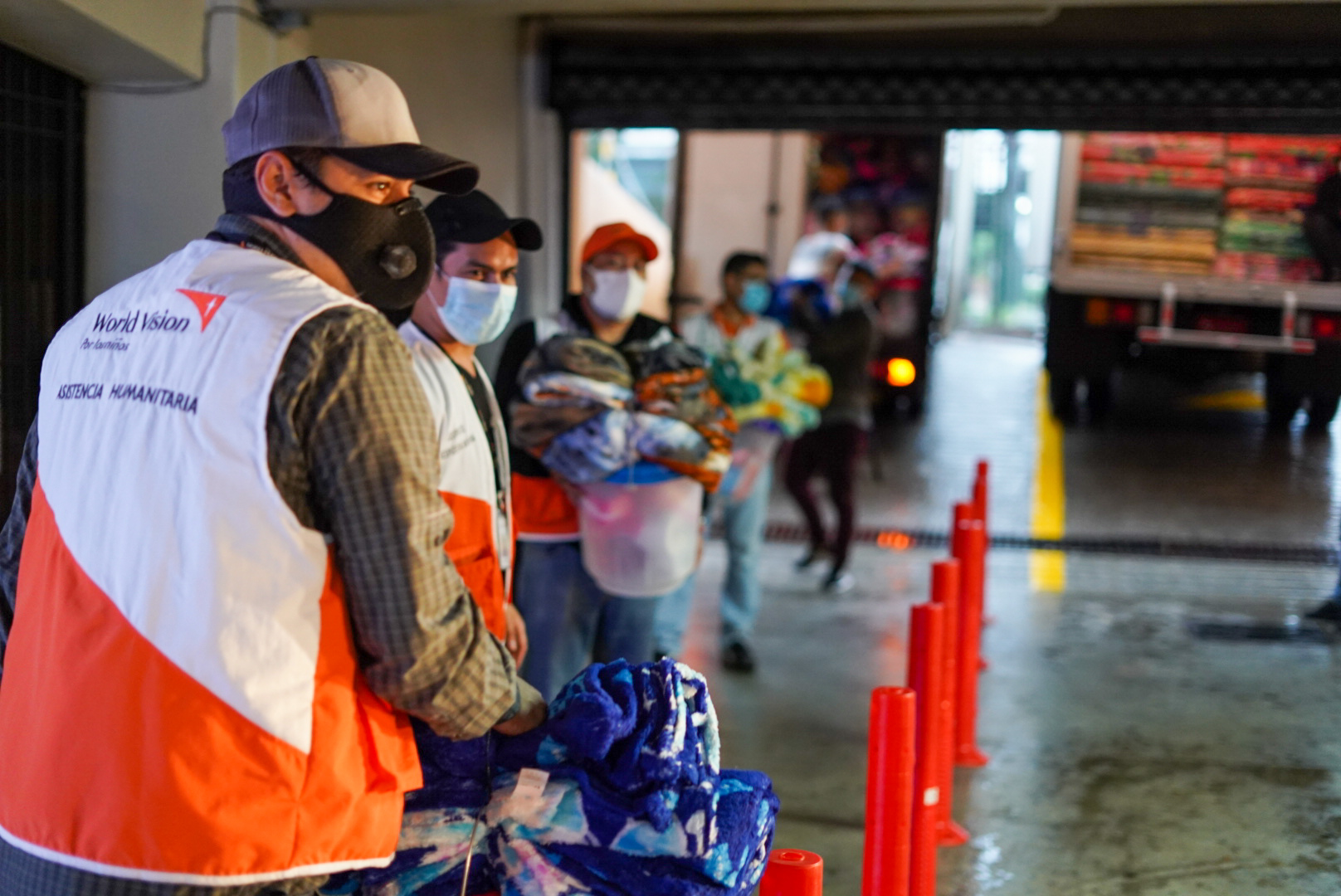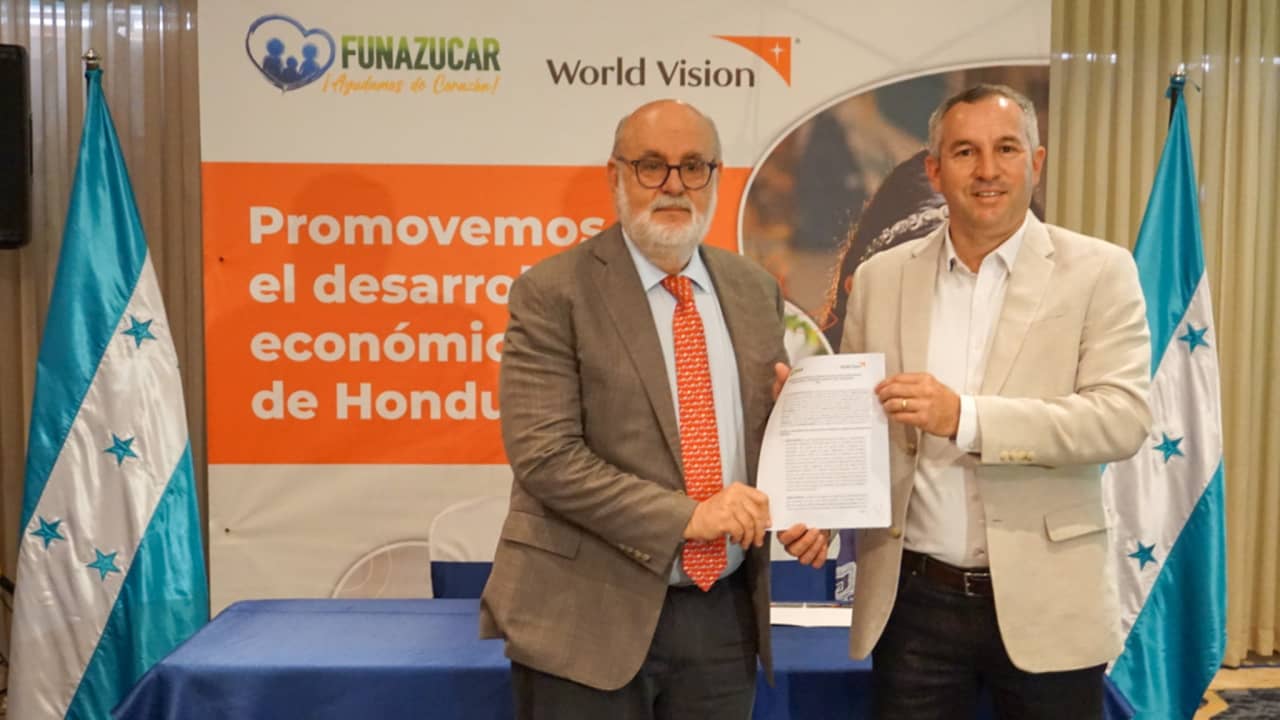In the area of Humanitarian Affairs, World Vision in Central America has more than 40 years working to respond to different types of emergencies, serving populations under multiple threats by disasters living in vulnerable conditions, especially children and adolescents.
In this sense, since Sunday, November 1, 2020, when the Central American region learned about the arrival of Hurricane ETA, World Vision Nicaragua, Honduras, El Salvador and Guatemala activated their rapid response teams, in coordination, with the humanitarian systems of the country, in order to provide a timely response to the negative impact that was expected as a result of the Storm, which has left this region doubly vulnerable, worsening the situation because of the COVID-19, situations that affect even more children and adolescents.
In this context, from the principle of co-responsibility for the rights of children and adolescents, it is part of our mission to call for the integral protection and guarantee of the rights of children and adolescents affected by disasters.
For this reason, today, we remind all social actors in the countries of the Central American region made up of Nicaragua, Honduras, El Salvador and Guatemala, to be sensitive to the condition of vulnerability of children and adolescents in the midst of the Emergency caused by Tropical Storm ETA and to ensure that the best interests of children prevail at all times, as contemplated by the United Nations Convention on the Rights of the Child, as well as other international human rights instruments. We urge all of us in the States to work hand in hand and ensure their protection in the context of natural emergencies such as that caused by the Storm, as well as to continue promoting social public policies focused on the protection and well-being of children and adolescents and to continue strengthening national protection systems.
As World Vision in Nicaragua, Honduras, El Salvador, and Guatemala we are committed, in the framework of this Emergency, to continue coordinating with the governments of the countries and other humanitarian institutions, assisting with donations in kind, psycho-emotional and spiritual care of those affected, especially children and adolescents, contributing to their protection and welfare, in order to prevent endangering their dignity and physical and emotional integrity, without neglecting biosecurity measures. In this sense, we call for the prompt collection of data on affected children and adolescents, so that the response by all actors in society can be articulated in a more timely manner.
At all times, especially in emergencies, children and adolescents must be at the center of the actions of all of us who work for the most vulnerable populations, and who yearn for a world free of violence where they are heard, protected and learn to care for each other.
Let us unite and act in favor of the well-being and protection of the most vulnerable children and adolescents today and always!
Central America, November 5, 2020.
